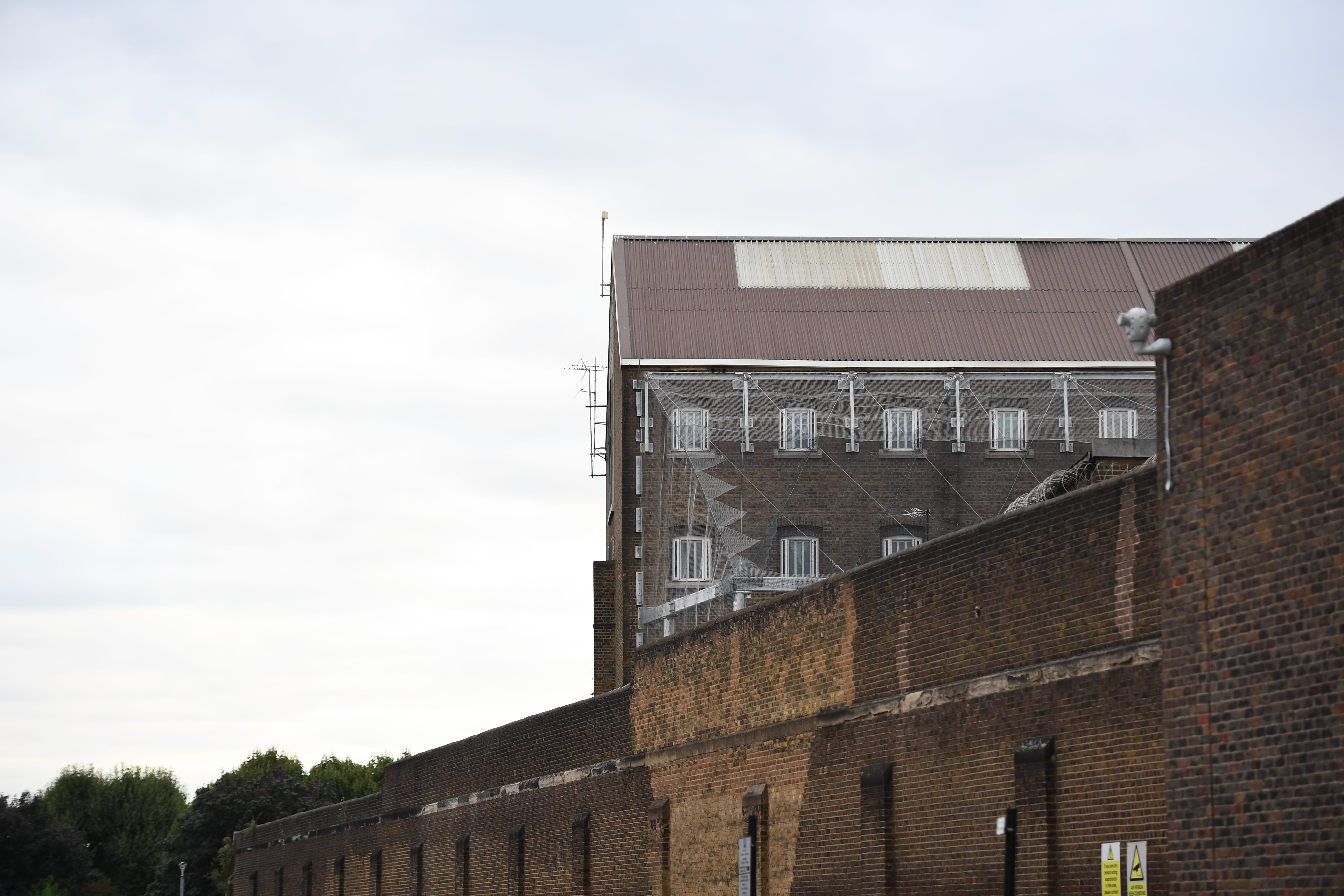Number of prisoners in England and Wales hits record high
It is the highest end-of-week figure since weekly population data was first published in 2011.

Your support helps us to tell the story
From reproductive rights to climate change to Big Tech, The Independent is on the ground when the story is developing. Whether it's investigating the financials of Elon Musk's pro-Trump PAC or producing our latest documentary, 'The A Word', which shines a light on the American women fighting for reproductive rights, we know how important it is to parse out the facts from the messaging.
At such a critical moment in US history, we need reporters on the ground. Your donation allows us to keep sending journalists to speak to both sides of the story.
The Independent is trusted by Americans across the entire political spectrum. And unlike many other quality news outlets, we choose not to lock Americans out of our reporting and analysis with paywalls. We believe quality journalism should be available to everyone, paid for by those who can afford it.
Your support makes all the difference.The prison population of England and Wales has hit a record high, with the number jumping by nearly a thousand in the past four weeks.
Some 88,350 people were in prison as of August 30, Ministry of Justice figures show.
This is up 116 from 88,234 a week ago and an increase of 988 from 87,362 four weeks ago on August 2.
It is the highest end-of-week figure since weekly population data was first published in 2011, according to analysis by the PA news agency.
It also surpasses the highest total ever recorded, which was 88,336 at end the February 2024, based on separate figures for the end-of-month population size.
The sharp rise in recent weeks is likely to have been driven by the number of jail sentences handed to people found guilty of taking part in the recent disorder across parts of the country.
The prison population in England and Wales has been rising for much of the past three years, having dropped as low as 77,727 in April 2021 during the Covid-19 pandemic.
Before the pandemic, the figure had been above 80,000 since December 2006.
In the aftermath of the summer 2011 riots, the number climbed as high as 88,179 on December 2 2011, before falling back in subsequent months.
Steve Gillan, general secretary at the Prison Officers’ Association (POA) said that “the POA have been warning for several years that there is a crisis within our prisons and criminal justice system, this has not occurred overnight.
“The neglect in funding and mismanagement by the previous Government over the last 14 years of our prisons has come home to roost. Perhaps now rather than just tinker with prisons we will have a short-term, medium and long-term plan by the Labour Government to ensure the general public are never placed in this position again.”
The data comes ahead of a scheme that will see prisoners being freed early in response to the overcrowding crisis in England and Wales.
An estimated 5,500 offenders are expected to be released earlier than was planned in the coming weeks under the temporary measures.
These measures will not apply to those convicted of sex offences, terrorism, domestic abuse or some violent offences.
The Government has said that those who are released will serve the rest of their sentence under strict licensing conditions.
Speaking to journalists while on a trip to Berlin earlier this week, Prime Minister Sir Keir Starmer said that more prisons will be built in response to overcrowding once the Government has got its “hands on the planning laws”.
On Wednesday, the Prime Minister said: “We’ve got to change the planning regulation so we can build the prisons we need, because they’re taking far too long, it’s far too slow, and that’s amongst the reasons we’re in the position we are.
“And, as you’d expect from an ex-chief prosecutor, people do need to go to prison, and they need to know that the law is effective.”
He added: “We need to build those prisons, and we will get our hands on the planning laws in order to do so.”